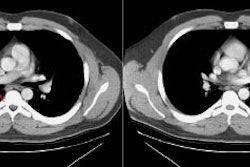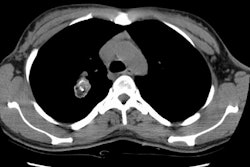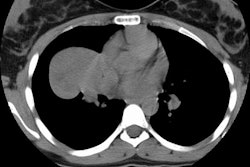Lung cancer epidemiology and genetics.
Bepler G
Lung cancer is the number one cause of cancer death for all citizens of the United States regardless of gender, race, or ethnic background. Surgery, the only curative treatment available, is feasible in only 35% of all patients with lung cancer. But even in this group of patients, most will die of recurrent disease. Treatment advances have been modest at best, and the 5-year survival rate of approximately 15% has not changed appreciably in the past two decades. Population projections indicate a continuation of the lung cancer epidemic among men and a rise among women, in whom rates of smoking have remained relatively high. It is estimated that 90% of all lung cancers are smoking related, and gender, race, and family history are important risk modifiers. Several promising markers of lung cancer susceptibility have recently been identified. However, the relative contribution of individual intrinsic factors (genetic markers, family history, race, gender) on lung cancer susceptibility in the context of complex extrinsic factors (behavior, environmental exposure, socioeconomic status) is unknown and requires further study for more informed screening and primary prevention.
Publication Types:
Review
Review, tutorial




